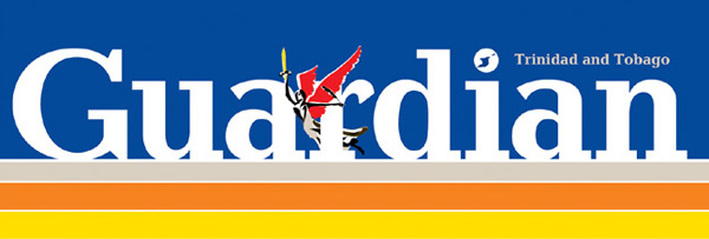In more political terms this idea of living multiculturalism is enshrined in the national anthem of “every creed and race find an equal place,” and in our national motto “Together We Aspire, Together We Achieve.” Such moments, of course, do not erase the inter-cultural tensions that exist, but it is possible to describe a local form of multiculturalism, outside of legislation, where on a day-to-day level, beneath all the political point-scoring, the State and members of our different cultural groups all treat each other with mutual respect.
If we ignore some of the more biased intellectual proponents of local racial division we can push the merits of our living multiculturalism further and stress its political importance to our historical labour fights such as in 1937/1938 and 1970, where a body of working-class people came together across race and ethnicity in political unity.
This living multiculturalism was also central in the development of our ideas on nationhood in the run-up to Independence and described in Eric Williams’ Mother Trinidad and Tobago speech. By the same token we could also push further and say even our political elites—mostly privileged, intergenerational members of the middle- to upper- classes—demonstrate an intra-class form of multiculturalism.
What is unique about us is that all these examples are organic. They never needed legislative intervention because they were and are a part of our living history. In recent years we have been given a Ministry of Arts and Multiculturalism—whose ideas on multiculturalism are connected oddly to a foreign Canadian model rather than our own living history.
Such a disconnect, between our own living history of over 200 years and the import of foreign ideas on multiculturalism designed to deal with the implications of foreign immigration to 1970s Canada, begs the question: what is really going on beneath the surface spectacle of the wonders of our different cultures and their commodification?
Now in many ways, because of the way power here is historically derived and implicated with whiteness, be that from colonialism, the British political institutions we adopted, or our more recent assimilation to the neoliberal individualism of US capitalist culture, we can say that our living multiculturalism was always far more black and brown than it was white. And by that is meant, politically, our living multiculturalism was inherently anti-the-status-quo.
In this sense our living multiculturalism—our unity out of diversity—was not just about cultural differences but also about social justice. From Cipriani to Williams to Daaga there was an embrace, of varied persuasion, of the need to improve the situation of inequality inherent in a society forged from the colonial foundations of racial hierarchy and white supremacy. Hence black became a political position for those fighting historical power rather than strictly a mark of skin tone.
In some battles, like those of Butler and James, this type of class politics across race and ethnicity was, at points, successful. Unfortunately those political gains were lost with Independence and our adoption of political and economic systems that would reproduce, maintain and extend the inequalities left to us from colonialism.
Under such light it is possible to suggest that our Ministry of Arts and Multiculturalism is a constraint on the ability of cross-cultural class politics to tackle socio-economic inequalities. Put most simply, the ministry, rather than empowering togetherness, could be described as a recipe for divide and conquer.
On the surface the ministry’s economic-love for culture seems harmless but it hides the way class power breaks down a cohesive group of people with common cause, fighting for equal opportunities, into a segregated body of people divided into various ethnic enclaves fighting against and amongst each other for monetary spoils. Multiculturalism then becomes something far less liberating than promised. With the question to be asked: who gains from divide and conquer, and who loses?
http://guardian.co.tt/columnist/2012-09-10/living-multiculturalism

 RSS Feed
RSS Feed